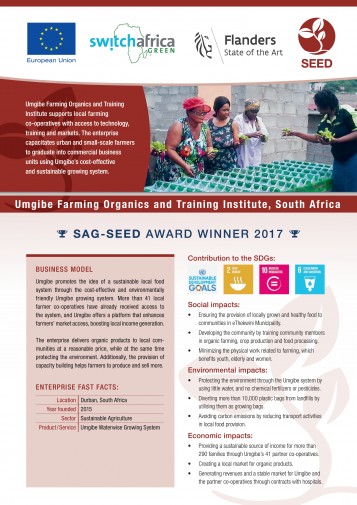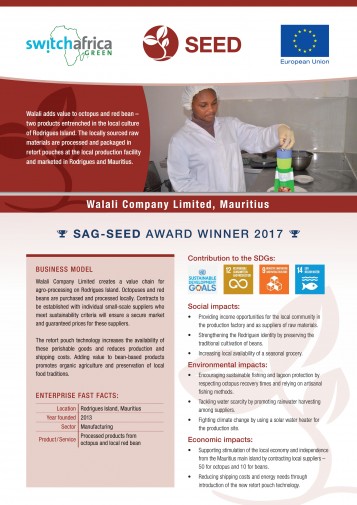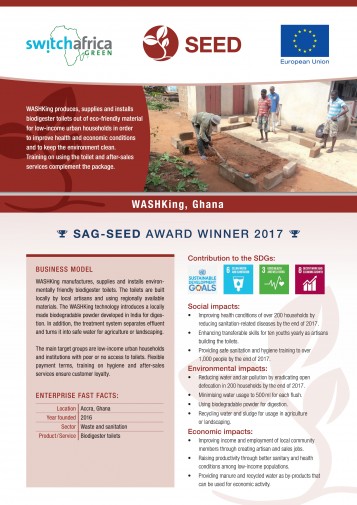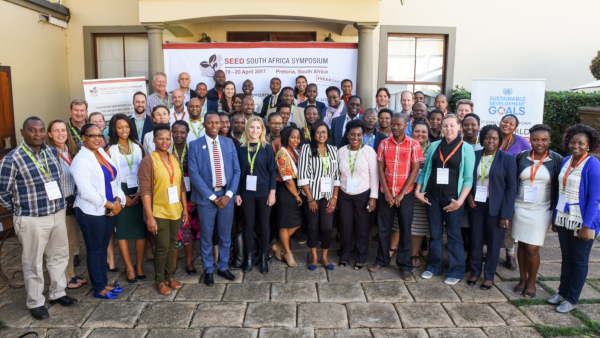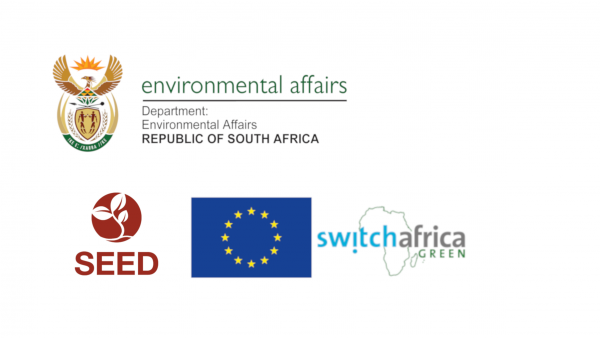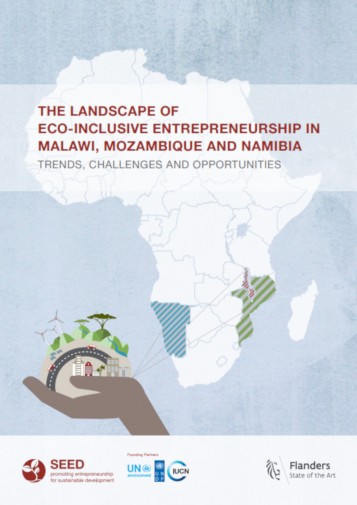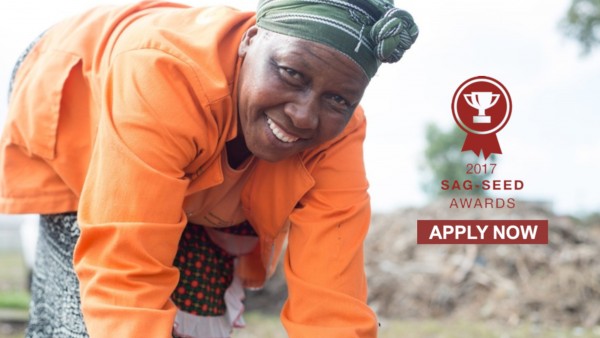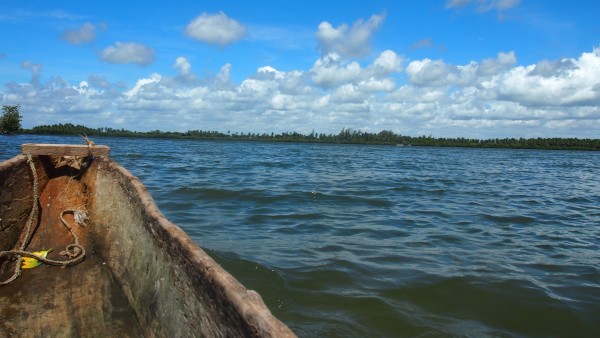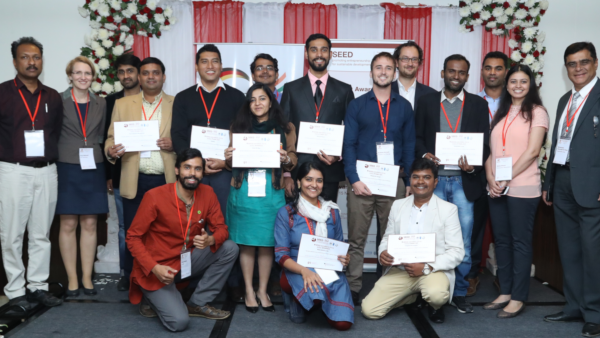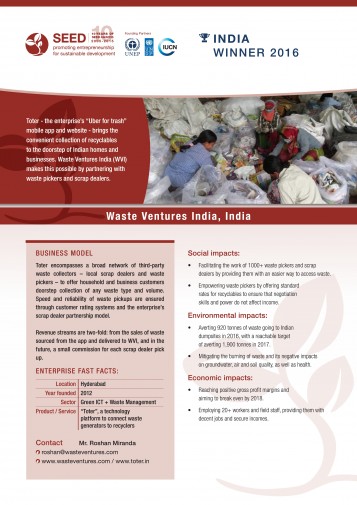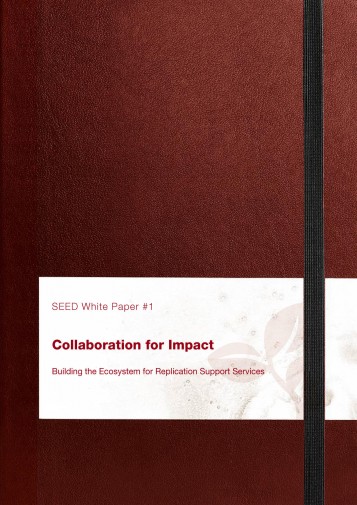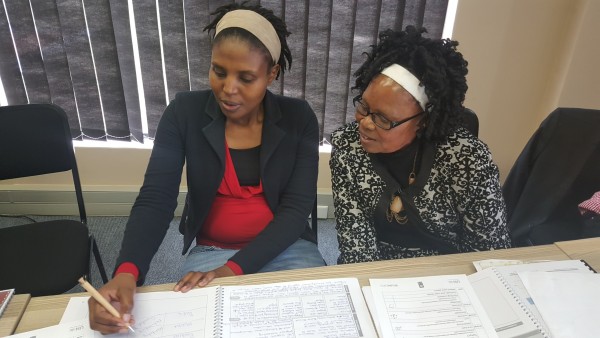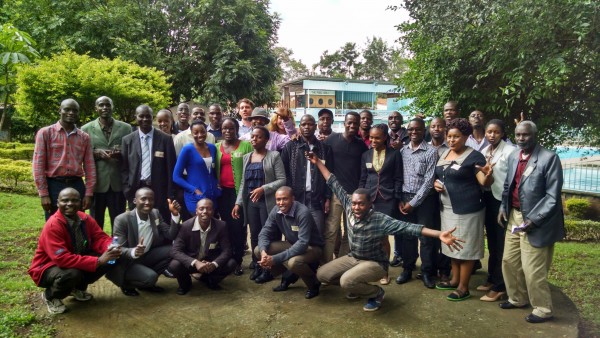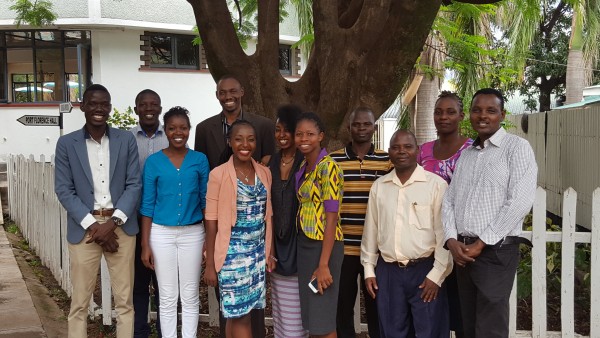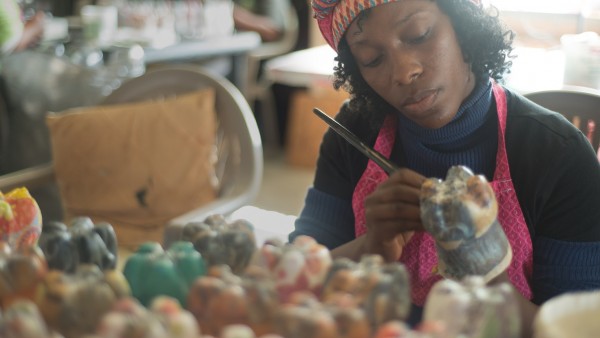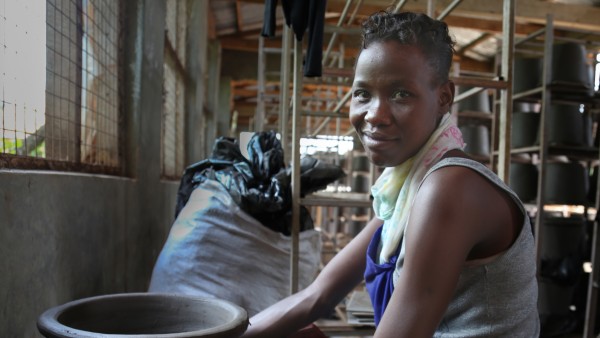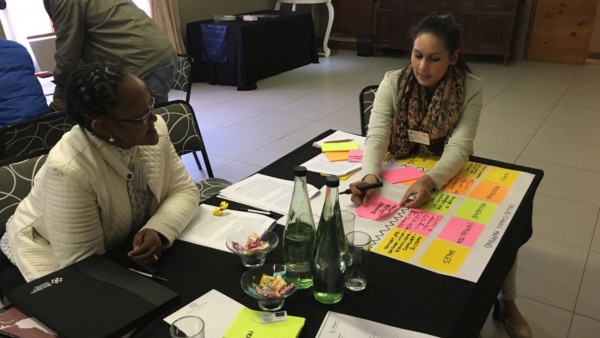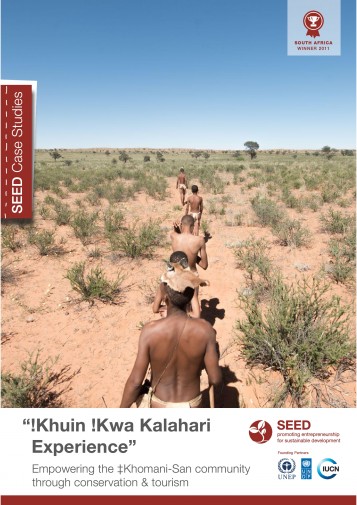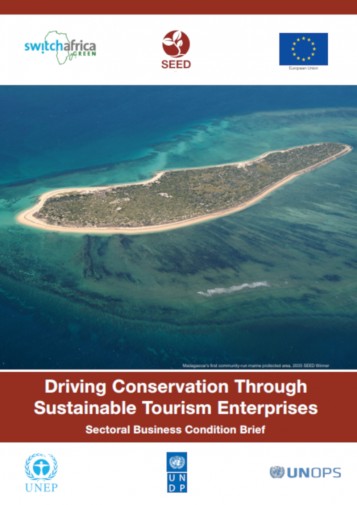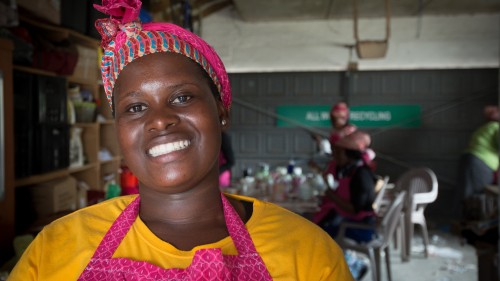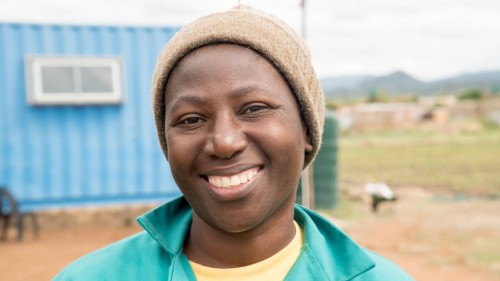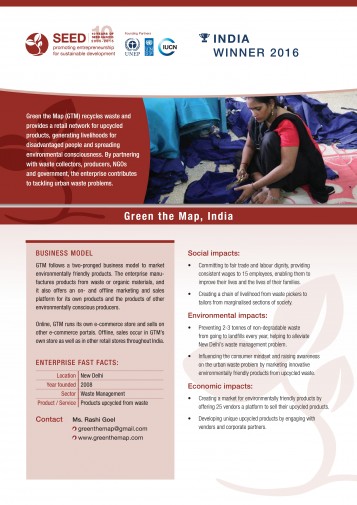Enterprise Brief: Umgibe Farming Organics and Training Institute
Published: 12 June 2017
Umgibe Farming Organics and Training Institute supports local farming co-operatives with access to technology, training and markets. The enterprise capacitates urban and small-scale farmers to graduate into commercial business units using Umgibe’s cost-effective and sustainable growing system. Read more
SDGs:













Enterprise Brief: Walali Company Limited
Published: 12 June 2017
Walali adds value to octopus and red bean – two products entrenched in the local culture of Rodrigues Island. The locally sourced raw materials are processed and packaged in retort pouches at the local production facility and marketed in Rodrigues and Mauritius. Read more
SDGs:







Enterprise Brief: WASHKing
Published: 12 June 2017
WASHKing produces, supplies and installs biodigester toilets out of eco-friendly material for low-income urban households in order to improve health and economic conditions and to keep the environment clean. Training on using the toilet and after-sales services complement the package. Read more
SDGs:











120 Key Stakeholders discuss Innovative Enterprise Solutions for an Eco-Inclusive and Climate Resilient Society in South Africa
Published: 05 May 2017
The SEED South Africa Symposium 2017 was held on April 19-20 in Pretoria and brought together a variety of stakeholders. Read more
SDGs:













South Africa's Department of Environmental Affairs and SEED partner on Eco-inclusive Entrepreneurship
Published: 13 April 2017
The DEA of South Africa and SEED raise awareness for eco-incusive enterprises and incubate aspiring future entrepreneurs. Read more
SDGs:



The Landscape of Eco-inclusive Entrepreneurship in Malawi, Mozambique and Namibia: Trends, Challenges and Opportunities
Published: 01 March 2017 Gabrielle Habberton, Mandisa Banjwa, Monique Davidson
One of the SEED focus areas for 2016 includes eco-inclusive entrepreneurship in Malawi, Mozambique, and Namibia. Eco-inclusive entrepreneurship is an important market-based solution for economies transitioning to sustainable growth trajectories while providing essential services for the marginalised populations of these emerging economies. This report is part of an effort to support the sector through improved research, building the track record for eco-inclusive enterprises and highlighting their ‘triple bottom line’ impact and contribution towards green growth. Read more
SDGs:









Call for Applications for the 2017 SAG-SEED Awards
Published: 10 January 2017
SEED has opened the call for applications for 15 SWITCH Africa Green (SAG) – SEED Awards for enterprises in Burkina Faso, Ghana, Kenya, Mauritius, South Africa and Uganda. Read more
SDGs:













Driving conservation through sustainable tourism enterprises
Published: 15 December 2016 Mariska van Gaalen
Along the coast of Kenya, just north of Mombasa, the Watamu National Marine Park and Reserves grace the coastline. In recent years, however, Watamu has struggled with increased solid waste pollution. Read more
SDGs:





Two ways to turn waste into money: Meet the 2016 SEED Award Winners in India
Published: 25 November 2016
The two winning eco-inclusive enterprises of the 2016 SEED Awards in India are Green the Map and Waste Ventures India! Read more
SDGs:









Enterprise Brief: Waste Ventures India
Published: 24 November 2016
Toter - the enterprise’s “Uber for trash” mobile app and website - brings the convenient collection of recyclables to the doorstep of Indian homes and businesses. Waste Ventures India (WVI) makes this possible by partnering with waste pickers and scrap dealers. Read more
SDGs:









White Paper on Collaboration for Impact through Replication Support Services
Published: 16 November 2016 Christine Meyer, Jan Dumkow, Lina Frank, Mirko Zürker
This White Paper offers inspiration as well as guidance towards initiating collaboration between different actors offering replication support services for eco-inclusive enterprises. The findings and conclusions expressed in this paper are based on research and expert discussions at the SEED Africa Symposium 2016. This is the first white paper of a new SEED White Paper Series. Read more
Spurring the replication of eco-inclusive enterprises – towards a collaborative integrative support approach
Published: 16 November 2016 Lina Frank, Mirko Zürker
At the 2016 SEED Africa Symposium in Nairobi Ligia Noronha, Director of the UNEP Division of Technology, Industry and Economics, underlined that “Replication is a key theme to foster green growth and sustainable development”. But replication demands targeted support at every stage, which calls for collaboration between diverse support providers and a strong ecosystem. Read more
SDGs:







Launch of the Second SAG-SEED Starter Months in Kenya
Published: 16 November 2016
Want to set up an eco-inclusive enterprise? SEED announces the second round of the SAG-SEED Starter Months in Kenya Read more
SDGs:







SEED Africa Symposium 2016: From Innovation to Imitation
Published: 08 November 2016
On 28-29 September 2016 the SEED Africa Symposium's topic was "From Innovation to Imitation" and brought together almost 450 enterprises, researchers, practitioners, investors, policy makers and representatives of the civil society who discussed how we can collaboratively utilize the replication of business models to successfully contribute to green growth and sustainable development in Africa. Read more
SDGs:

Call for Applications for the SEED Replicator
Published: 07 November 2016
SEED is currently looking for eco-inclusive enterprises wishing to replicate their business model. Read more
SDGs:







Why All Women Recycling considers replication as a new pathway to scale impact
Published: 10 October 2016 Lynn Worsley
“Be creative, be unafraid, and take that step off the mountain. I assure you it’s worth it.” This advice from Lynn Worsley, the founder of the successful eco-inclusive enterprise and 2014 SEED South Africa Award Winner All Women Recycling, encourages women who are considering founding their own social enterprise to go for it. Read more
SDGs:







From innovative off-grid mobile solar power stations to the polymerised bitumen roads from recycled plastic - Meet the 2016 SEED Award Winners
Published: 28 September 2016
At SEED's largest annual international forum, the SEED Africa Symposium, SEED announced the 20 winners of the 2016 SEED Awards, today. These 20 outstanding eco-inclusive enterprises will be honoured during the international SEED Award Ceremony this evening. Read more
SDGs:



















Training Business Development Service Providers to Boost Eco-Inclusive Innovations
Published: 14 September 2016 Rainer Agster
Working with more than 220 enterprises in 38 countries, we soon realized that although each enterprise is unique, topics are reoccurring. Instead of re-inventing the wheel each time, we put time and effort into ‘toolifying’ our support. Read more
SDGs:





Case Study: !Khuin !Kwa Kalahari Experience
Published: 07 September 2016
Khuin !Kwa Kalahari Experience (KK) offers authentic eco-tours within and around the Kgalagadi Transfrontier Park. The enterprise is led by the ‡Khomani San community and the tours embrace the traditions of the ‡Khomani San culture. Read more
SDGs:







Replicating successful business models - Moving from lighthouses to a network of street lamps
Published: 05 September 2016 Christine Meyer
It is a challenge to transition to a low carbon economy while improving the well-being of the world’s nine billion people. By replicating proven solutions, positive impact from eco-inclusive enterprises can spread, and facilitate the transition to a low carbon economy while also improving social conditions as set in the SDGs. Read more
SDGs:





Driving Conservation Through Sustainable Tourism Enterprises: A Sectoral Business Condition Brief
Published: 01 September 2016 Dr. Christina Tewes-Gradl, Mariska van Gaalen
To protect biodiversity, we need to create alternative economic opportunities for the people who depend on the world’s most biodiverse ecosystems. Biodiversity is the foundation of human well-being and prosperity. At the same time, human activities are its greatest threat. In particular, biodiversity hotspots like savannahs, forests and coral reefs are under pressure due to unsustainable tourism development and the livelihood needs of low-income communities. Read more
SDGs:





‡Khomani San Kalahari Cultural and Nature Guides, a SEED Story from South Africa
Published: 30 August 2016
Khomani San Kalahari Guiding Experiences is a community-based ecotourism enterprise on ‡Khomani San owned land within and next to the Kgalagadi Transfrontier Park. It provides the community with sustainable employment opportunities through guided experiences that showcase the unique Kalahari Desert and the Bushmen people. The enterprise has won a SEED Award in 2011. Read more
SDGs:



All Women Recycling, a SEED Story from South Africa
Published: 29 August 2016
All Women Recycling turns discarded plastic bottles into unique gift boxes, called kliketyklikboxes, which are sold internationally. In the production of the gift boxes the enterprise employs young women, primarily previously unemployed single mothers. All Women Recycling also contributes to cleaner townships by strengthening environmental awareness, particularly in schools which as a result set up collection points for the plastic bottles. The enterprise has won a SEED South Africa Award in 2014. Read more
SDGs:









Food and Trees for Africa, a SEED Story from South Africa
Published: 29 August 2016
“Food & Trees for Africa” is a social enterprise addressing sustainable development through greening, climate change and food security programs. Started in 1990, FTFA has distributed over 3.8 million trees, facilitated the creation of over 2 500 organic food gardens for the poorest in South Africa and launched the first carbon calculator and the Carbon Protocol in this country. Read more
SDGs:





Enterprise Brief: Green the Map
Published: 21 August 2016
Green the Map (GTM) recycles waste and provides a retail network for upcycled products, generating livelihoods for disadvantaged people and spreading environmental consciousness. By partnering with waste collectors, producers, NGOs and government, the enterprise contributes to tackling urban waste problems. Read more
SDGs:








